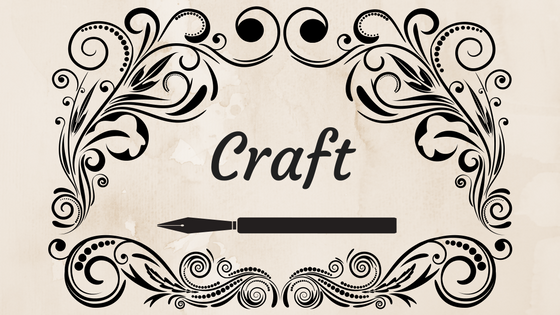by Michelle Wicmandy
I’d have a longer attention span if there weren’t so many shiny things. ~ Darynda Jones
Do you have a burning desire for bright, shiny objects?
Do the hottest, new programs and snazzy technologies mesmerize you?
If so, know you’re not alone. Researchers claim that noticing new things in your environment is normal. The behavior relates to survival instincts and helps you move beyond satisfying basic needs.
But, constantly chasing the trend du jour refers to a condition psychologists call Shiny Object Syndrome. These distractions not only burn your precious time but lack of focus may also cause you to abandon important writing projects.
To overcome this challenge, it’s helpful to know where distractions dwell before taking control.
Shiny Objects Abound
Your mind is a remarkable machine, but has limits. So, be aware of the challenges that can curb your writing productivity throughout your day.
For instance, researchers claim the average person makes roughly 35,000 decisions with varying degrees of risk each day, and over 200 choices revolve around food alone!
It’s easy to get distracted when confronted with numerous decisions. This can easily happen when you open your email inbox and face a plethora of enticing subject lines. For instance, I recently received a promotion to join a program that promised secrets to grow a tribe or active customers fast. While the promotion was absurd, I still clicked the link. After reading the sales page and related content, I resurfaced hours later.
When you entertain too many distractions, you undermine your chances of completing your writing projects.
It’s time to take control.
Freeze Unnecessary Desires
As a busy writer, your day is likely packed with many tasks. You sift through research, write material, answer email, and peruse social media. Before you know it, your day is gone and unfinished tasks still linger. Sound familiar?
So, what can you do to get more writing done? Following are a few helpful tips to improve your focus:
* Take stock of all the tasks competing for your attention. First, make a list of all the items vying for your attention. This should include everything from checking social media, completing a guest post, conducting research, reading industry news, learning new software, watching webinars, and more. From this list, organize your priorities. Then, devote your best time and creativity to your top priorities such as completing your outline or editing your book chapter.
* Plan your schedule. Your brain can have a frosty relationship with multi-tasking. So, block out time in your calendar to focus on each important project. For instance, when writing, write; when filing, file; and when talking, talk but avoid doing all of these things at once.
* Take regular breaks. Just 5-minute breaks every hour help refresh your thoughts, reset motivation, and improve well-being.
* Focus on goals. Keep a “task” list in your planner. Then, refer to this list when facing choices during the day. This step helps you focus on completing your writing goals.
* Adopt only the brightest ideas. Record your random thoughts in an “idea” journal. Then, designate specific time to explore new opportunities rather than as they pop up. This practice keeps your attention focused on current projects while giving hot ideas a chance to chill. For instance, I carry a paper journal to record ideas about my dissertation research, blog writing and other projects. A digital note-taking app such as Evernote, Simplenote, or OneNote on your device can also work.
* Reward achievements. When you complete tasks, give yourself a special treat such as a day off, special writing instrument, or new journal to name a few. This practice helps you acknowledge your accomplishments and maintain motivation.
Stay Calm and Chill Out
Let’s face it. In a typical workday, you will meet many dazzling objects that pique your curiosity and shift your focus.
But beware! Some sparkly objects are gremlins in disguise. When you get off track, take a step back and ponder your decision. This involves reviewing your task list and reflecting on your writing goals to determine how you will handle the situation differently next time.
Focusing on those shiny writing projects that burn brightest will help the others cool off.
As Timothy Ferriss, the American author, entrepreneur, and public speaker says, “Being selective—doing less—is the path of the productive. Focus on the important few and ignore the rest.”
So, during this holiday season, keep calm, stay focused and chill out.
***

Michelle Wicmandy
Michelle Wicmandy has published articles on entrepreneurship and online marketing for business and trade journals including the Houston Business Journal and Website Magazine. Recently, she started a blog to inspire women entrepreneurs to pursue their passion and boost their self-confidence. She’s a marketing lecturer at the University of Houston-Downtown and working on her dissertation at the University of Liverpool, U.K. She is happily married with two teenagers and the proud owner of four carefree cats and one spunky puppy. You can connect with her on LinkedIn (https://www.linkedin.com/in/michellewicmandy/), Facebook (https://www.facebook.com/michelle.wicmandy), and the Collective Changes blog (http://collectivechanges.net/category/blog/)

